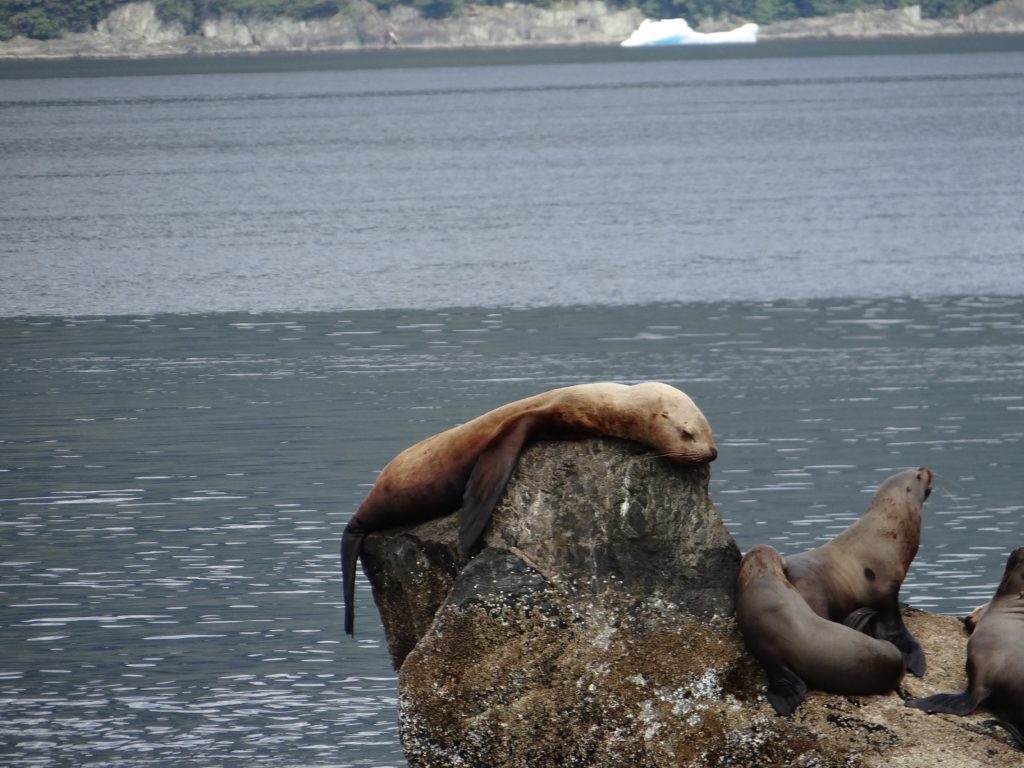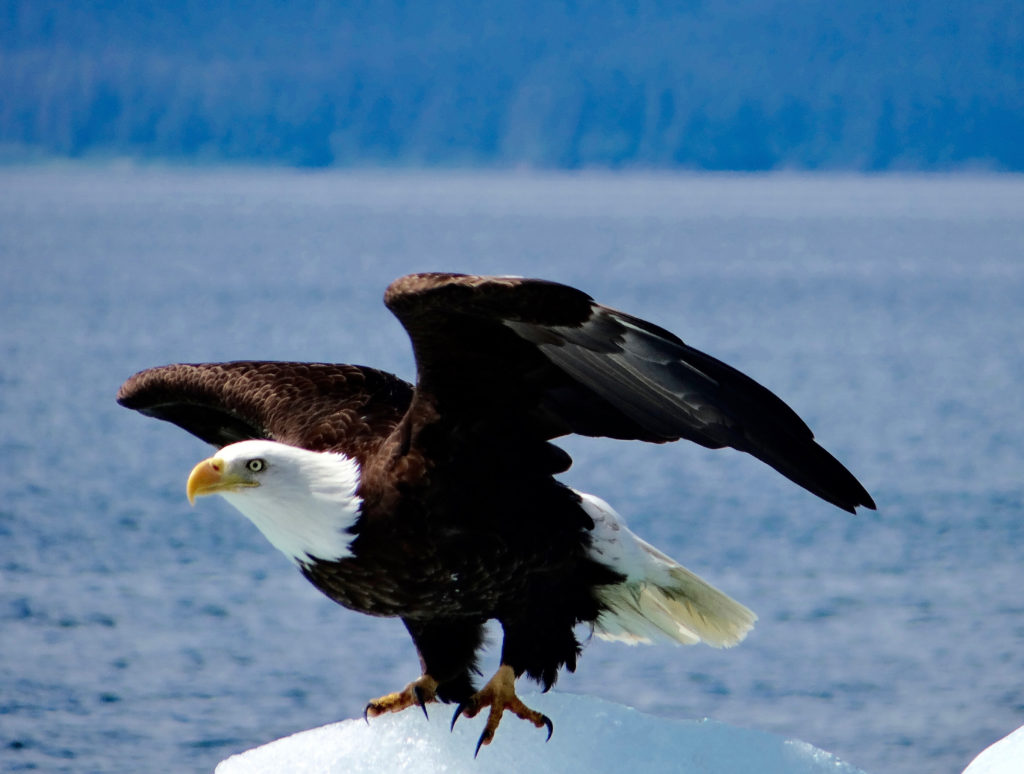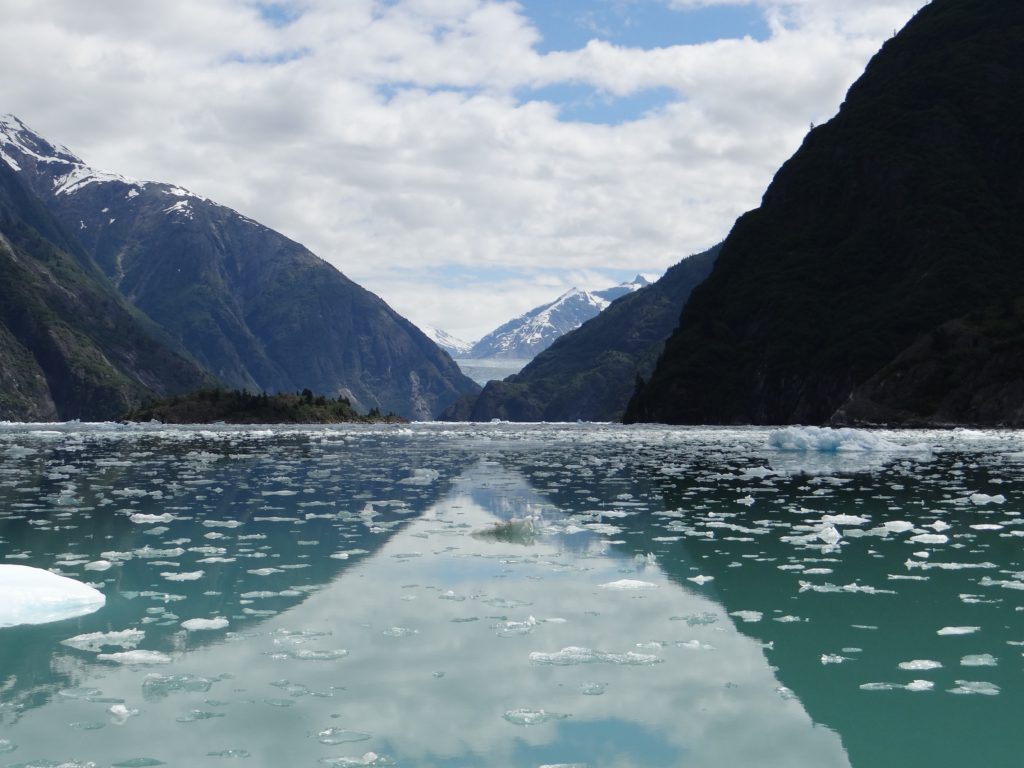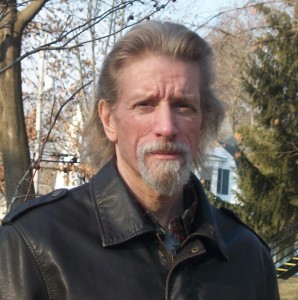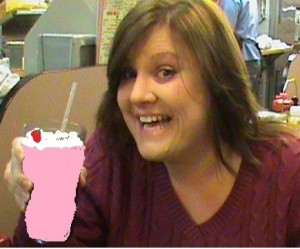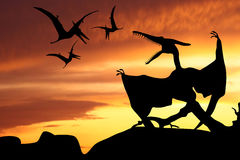 Poetry calisthenics: Chain words together so that the end part of one word becomes the first part of the next, ad infinitum: zippercentralalalandscapersonarrowboat… (zipper; percent; central; tralala; lalaland; landscape; caper; persona; sonar; narrow/arrow; rowboat…)
Poetry calisthenics: Chain words together so that the end part of one word becomes the first part of the next, ad infinitum: zippercentralalalandscapersonarrowboat… (zipper; percent; central; tralala; lalaland; landscape; caper; persona; sonar; narrow/arrow; rowboat…)
Even better is to link words and idioms of common speech such that one bleeds into the next upon contextual shifts of the words’ meaning: “…everlovin’ blue-eyed hurricane to witness God’s will leaving you for dead wrong.” Hurricanes do have blue “eyes.” Eyes witness. A last-will-&-testament needs a witness. The will leaves something to the beneficiary, but God’s will, ever contrariwise, abandons Its beneficiary, leaving her for dead, and dead wrong to boot (from my poem Invocation: Monkey Lightning, Tupelo Press, 2010).
Write your list of rhyme words first, then decide where to put them. Not today at the ends of lines. Maybe at the beginnings? Maybe in the middles? Let the placement of those rhyme words provoke and determine the rest of what you say.
Collect fifteen of your fragments many years old and never used. Put them on the table in random order. Change the order. Cut each fragment in half and repeat. Fill in the blanks until they’ve made you say something you never would have thought of in a million years—but which you will recognize.
***
For a period of fifteen years I wasn’t able to write anything. I did try. I sat on the floor and thought about subject matter: what do I love and why? Memories? Gratitudes? Consolations? Convictions? Some wisdom I might convey? Jeezalu, can’t you just describe something out the window, anything? Nope.
People ask, where do you get your ideas? What inspires you? Nope. Not a thing.
I did find some support. A local group of the then-national organization No Limits for Women Artists took me in, a writer, though all the others were visual, paintings and pottery. Meetings consisted of our glorious leader calling up each person, one by one, to an individual standing interrogation: What is your vision? (Answer.) What is your vision for the next three weeks? (Answer.) What’s the next step? (Answer.) What makes it hard? (Answer.) Then the leader guided the woman-on-the-spot along to develop a personal affirmation addressing the difficulty. (Affirm!) Next-and-last, What help do you need? Any answer OK– Nothing. Babysitting. An item to borrow. Most popular: send me a postcard of encouragement. No guarantee that anyone would do anything. But—how hard is a postcard? I loved it. Each local group ended after 6 sessions. Good, it didn’t go on long enough to turn phony.
At some point language personified itself to me: it was royally pissed, all these years I’d spent whining and hadn’t made any poems! Eff you, language. I’ve had a hard time! We circled and growled for a while. I’d offended language expecting it to conform itself to my power-point agendas of blah-blah subject matter. Meanwhile it had all these words to spill out wanting to play and do mischief, wanting to surprise me!
***
An only child, I grew up in white suburbia in the talk of a doctor father who orotunded like Shakespeare and/or the King James Bible. “Pontificating!” my mother hissed. She romped about in her own astonishing range of diction, mixing high elegance with gutter-demotic expletive sometimes in a single sentence. She dubbed the hospital where my father worked the “horse-pittle.”
Formative years of such yackity-yack? Who could ask for more? Thunderstruck still, I invoke loops of language as Higher Power flapping around out there like a pterodactyl, so indiscriminate in its associations that it may, from time to time, descend to build a nest in my hair. I woo language. I scavenge words. When I have nothing to say, I start with words. One word leads to another. They rough-and-tumble noisily, dragging me into their brawl and peeling out living bits of (who knew?) my own soul stinging and giggling.
How do I know what I think til I hear what I say?
Lugging groceries up the lengthy path to my house, I mutter to myself, “Krakatoa; asterisk; flip…” Bits of more or less and pinch of something else.
